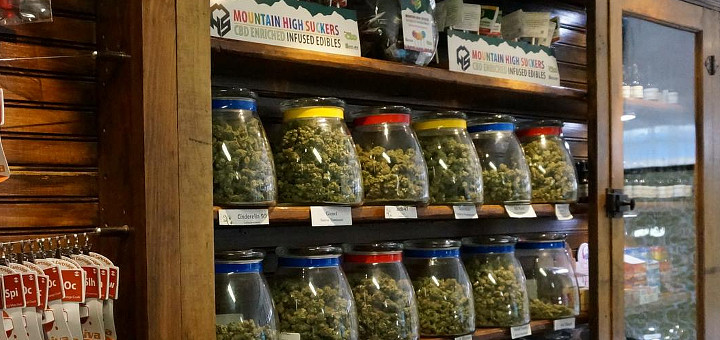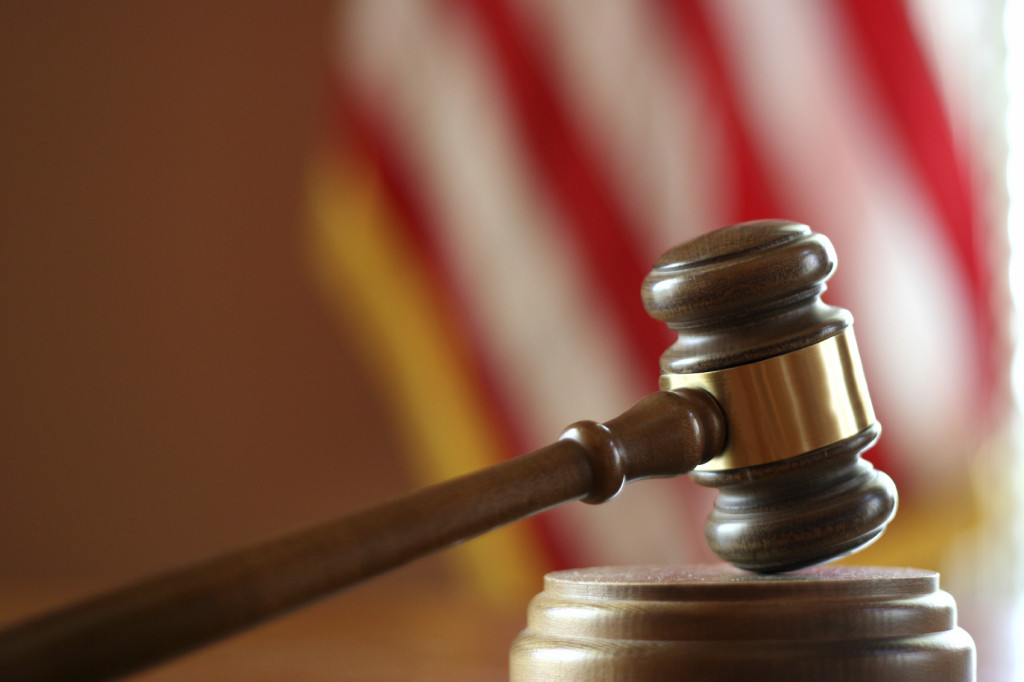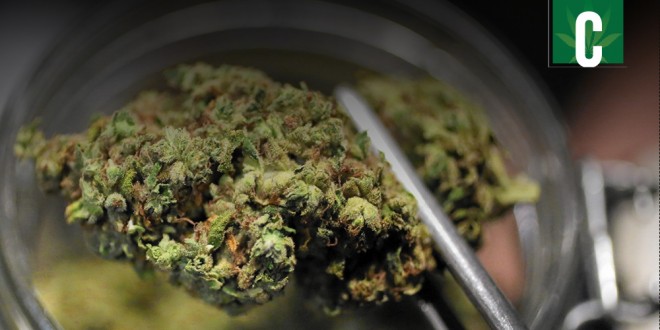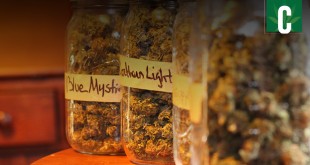A fight over taxes in the small Inland Empire city of Upland has landed at the California Supreme Court in a case that could determine whether medical marijuana dispensaries can survive there.
The case started in 2015, when pro-cannabis activists collected enough signatures to require a special election so voters could decide the issue. Advocates have long pushed for a law allowing the dispensaries in city limits, but have repeatedly run into resistance from the Upland City Council.
Council members quickly voted to reject the petition. Because it would require that each dispensary pay a $75,000 annual fee, the council argued it constituted a tax, and public votes on tax proposals can only be scheduled during general elections.

Now the state Supreme Court has agreed to hear the lawsuit, which was filed after that City Council vote. The court announced at the end of June that it would take an appeal filed by the Howard Jarvis Taxpayers Association following a ruling in March by the Fourth District Appellate Court. Marijuana groups won that decision.
Landmark case
The announcement by the state’s highest court has piqued the interest of taxpayer lobbies, tax experts, and lawmakers who say the outcome could have a major impact on the future of tax policy in California – not to mention the future of medical marijuana in Upland and the Inland Empire.
“I think it could be a landmark case,” Roger Jon Diamond, lawyer for the California Cannabis Coalition, told the Inland Valley Daily Bulletin in July.
The appellate ruling would require the city to hold a special election. No prospective date has been set, but it’s possible the special election could be held along with the next general election in November. Without the court ruling, it may already have been too late to put the question on the 2016 ballot, delaying a vote until 2018.
Question will be on the ballot in November
The court’s announcement came just three days after council members caved on the issue and voted to put the dispensary item on the ballot. And it came two years after the California Cannabis Coalition initially filed its petition to legalize dispensaries in Upland.
The March appellate ruling held that the $75,000 is not a tax, meaning it doesn’t require a delay until the next general election. The city fought the ruling but were ready to give up when they were approached by the Howard Jarvis association, which agreed to pay the city’s legal bills.

The group said treating the money as a fee rather than a tax would make it easier for local governments across California to impose new taxes without securing public approval.
“The most important thing from a legal standpoint is we’ll have a decision on how you’ll deal with this decision at the future,” Upland City Attorney Richard Adams said.
Of course, the case is also critical to medical marijuana patients in Upland and the dispensaries that serve them. Though the idea of marijuana reform is spreading in the struggling Inland Empire, too many patients still have difficulties getting the medicine they need – and are legally entitled to get.
 California Marijuana Market Breaking "Marijuana News" from CA
California Marijuana Market Breaking "Marijuana News" from CA





